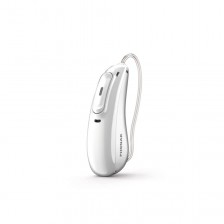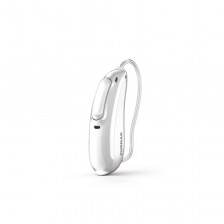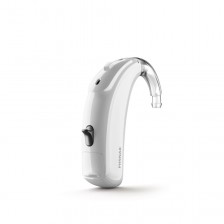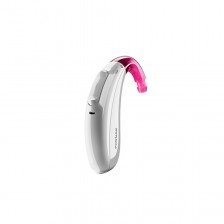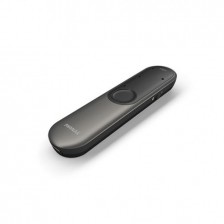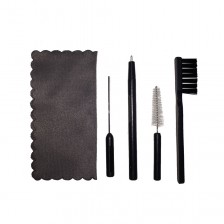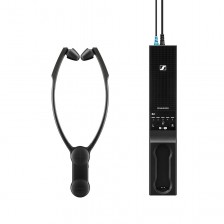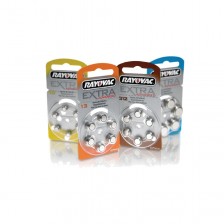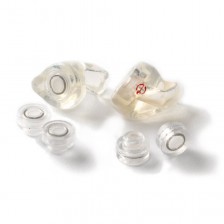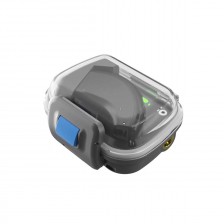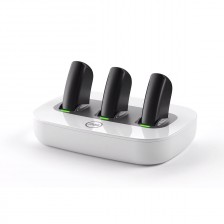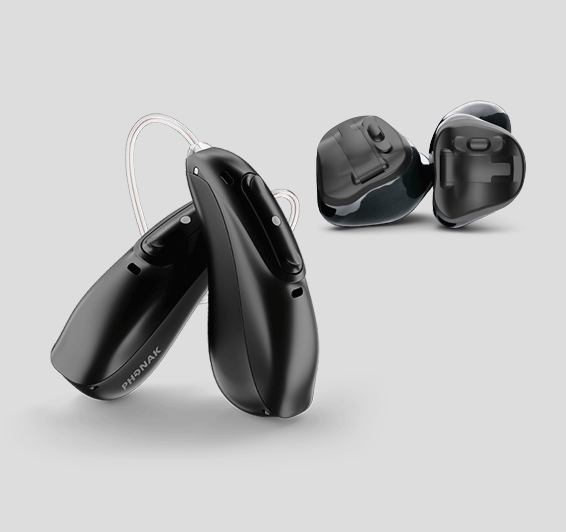What is sound sensitivity?


In a noisy world - car horns ringing, people screaming, phones ringing, radios ringing at maximum volume - all these sounds can be annoying, but for most people, they are not intolerable.
Unfortunately, if you or someone close to you suffers from sound sensitivity or auditory hypersensitivity, these sounds can be so annoying and even so disturbing that it is difficult to live what most people would consider a "normal" life.
Different types of sound sensitivity
There are several different types of sound sensitivity or a decrease in sound tolerance.
Hyperacusis
This is a decrease in tolerance for volumes that are typically well tolerated by most people. A person with hyperacusis may experience physical discomfort or pain when exposed to common everyday sounds. The volume at which the sound becomes uncomfortable or painful may be different in people with hyperacusis.
Misophonia
A decrease in tolerance to specific sounds, regardless of volume. Misophonia is also known as selective acoustic sensitivity. Someone with misophonia may experience a negative emotional reaction, such as discomfort, disgust, and/or anger, when exposed to specific "triggering" sounds. Triggering sounds are often mouth-oriented (such as breathing, chewing, swallowing) or repetitive (such as dripping, clicking, tapping).
Phonophobia
This is a fear that non-harmful volumes will cause discomfort/pain, hearing loss, and tinnitus. A person with phonophobia may experience fear when exposed to common everyday sounds.
Managing Sound Sensitivity
Sound therapy for hyperacusis involves constant exposure to a stimulus that gradually increases in volume. Improvements in loudness tolerance can occur in as little as a few weeks.
The causes of misophony and phonophobia are less well known. A team approach to management may be recommended. Sound therapy has been shown to be an effective treatment option for this type of sensitivities, often in combination with cognitive-behavioral counseling.
People with noise hypersensitivity can avoid exposure to the common sounds of everyday life or to the triggering sounds through lifestyle modifications or overuse of hearing protectors. Over time, this can worsen sensitivity.
Methods against sound sensitivity
Although there is no cure for sound sensitivity, there are several techniques, as well as some dietary and lifestyle modifications that can help reduce symptoms so they don't interfere so severely with daily life. They are:
Cognitive-behavioral therapy
Cognitive-behavioral therapy is a technique designed to reconfigure the brain through the use of intense psychotherapy aimed at treating a specific problem. The specialist will help you delve deeper into your inner self to understand the specific emotions produced by certain sounds so that you can control the automatic response. Over time, this therapy helps desensitization.
Occupational therapy
This approach helps a person's neurological system integrate their senses so that they can process information more appropriately. For example, an occupational therapist may have a person who is hypersensitive to certain noises gradually experience a wide variety of noises, including offensive ones, to help your ears get used to them and ultimately expel them.
Psychotherapeutic hypnotherapy
Hypnotherapy with a certified hypnotherapist can help alleviate the symptoms of misophonia through the proven power of suggestion. Many people have been able to successfully overcome phobias and addictions through this method. A psychologist can best recommend a trusted physician.
Chelated magnesium supplement
It has often been found that people suffering from sound sensitivity have an overabundance of a neurotransmitter called glutamate. Clinical studies have hypothesized that during periods of stress, endogenous dynorphins are released into the synaptic region behind the internal hair cells.
Avoid neurotoxic chemicals
Multiple research studies have shown that certain food additives and household chemicals can trigger or exacerbate neurological conditions. Many with autism and AD/HD have found great relief by removing these chemicals from their diet and immediate environment. Avoiding monosodium glutamate, food colorants, high fructose corn syrup, gluten, aspartame, BHT, and BHA in foods, and parabens, phthalates, BPA, formaldehyde, and dioxin in household chemicals may help alleviate neurologic sensitivity.
In the next posts we will address each type of sound sensitivity in detail. In the meantime, you can make an appointment with our specialists to check your hearing level.
